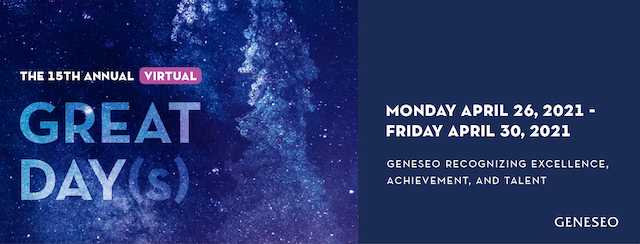
Submission Type
Poster
Start Date
April 2021
Abstract
Every four years, the United States uses an electoral college to select its the next president and vice-president. Each state is allocated a number of Electors based on the number of representatives they have in Congress. In the U.S. Supreme Court's 2019 term, the Court decided on two cases regarding a state's ability to punish "faithless Electors," or presidential Electors who vote contrary to their state's popular vote. In Chiafalo v. Washington and Colorado Department of State v. Baca, the Court ruled that states have the constitutional authority to punish faithless Electors, explaining that presidential Electors lack the discretion expressed by the Electors in Washington and Colorado. Both the ability to punish Electors, and curb their voting behavior, along with the Supreme Court’s interpretation of the role of presidential Electors provide arguably the strongest evidence of the Electoral College’s obsolescence. An in-depth analysis of not only the Court’s decision, but also the arguments of the Electors and the states, will be examined to provide a better understanding of the contentious nature of the role presidential Electors play and argue for a reformation of the electoral college, particularly to a national popular vote.
Recommended Citation
Beasor, Colin, "067— Chiafalo v. Washington and Colorado Department of State v. Bacca and the Obsolescence of the Electoral College" (2021). GREAT Day Posters. 86.
https://knightscholar.geneseo.edu/great-day-symposium/great-day-2021/posters-2021/86
067— Chiafalo v. Washington and Colorado Department of State v. Bacca and the Obsolescence of the Electoral College
Every four years, the United States uses an electoral college to select its the next president and vice-president. Each state is allocated a number of Electors based on the number of representatives they have in Congress. In the U.S. Supreme Court's 2019 term, the Court decided on two cases regarding a state's ability to punish "faithless Electors," or presidential Electors who vote contrary to their state's popular vote. In Chiafalo v. Washington and Colorado Department of State v. Baca, the Court ruled that states have the constitutional authority to punish faithless Electors, explaining that presidential Electors lack the discretion expressed by the Electors in Washington and Colorado. Both the ability to punish Electors, and curb their voting behavior, along with the Supreme Court’s interpretation of the role of presidential Electors provide arguably the strongest evidence of the Electoral College’s obsolescence. An in-depth analysis of not only the Court’s decision, but also the arguments of the Electors and the states, will be examined to provide a better understanding of the contentious nature of the role presidential Electors play and argue for a reformation of the electoral college, particularly to a national popular vote.


Comments
Faculty sponsor is Jeffrey Koch